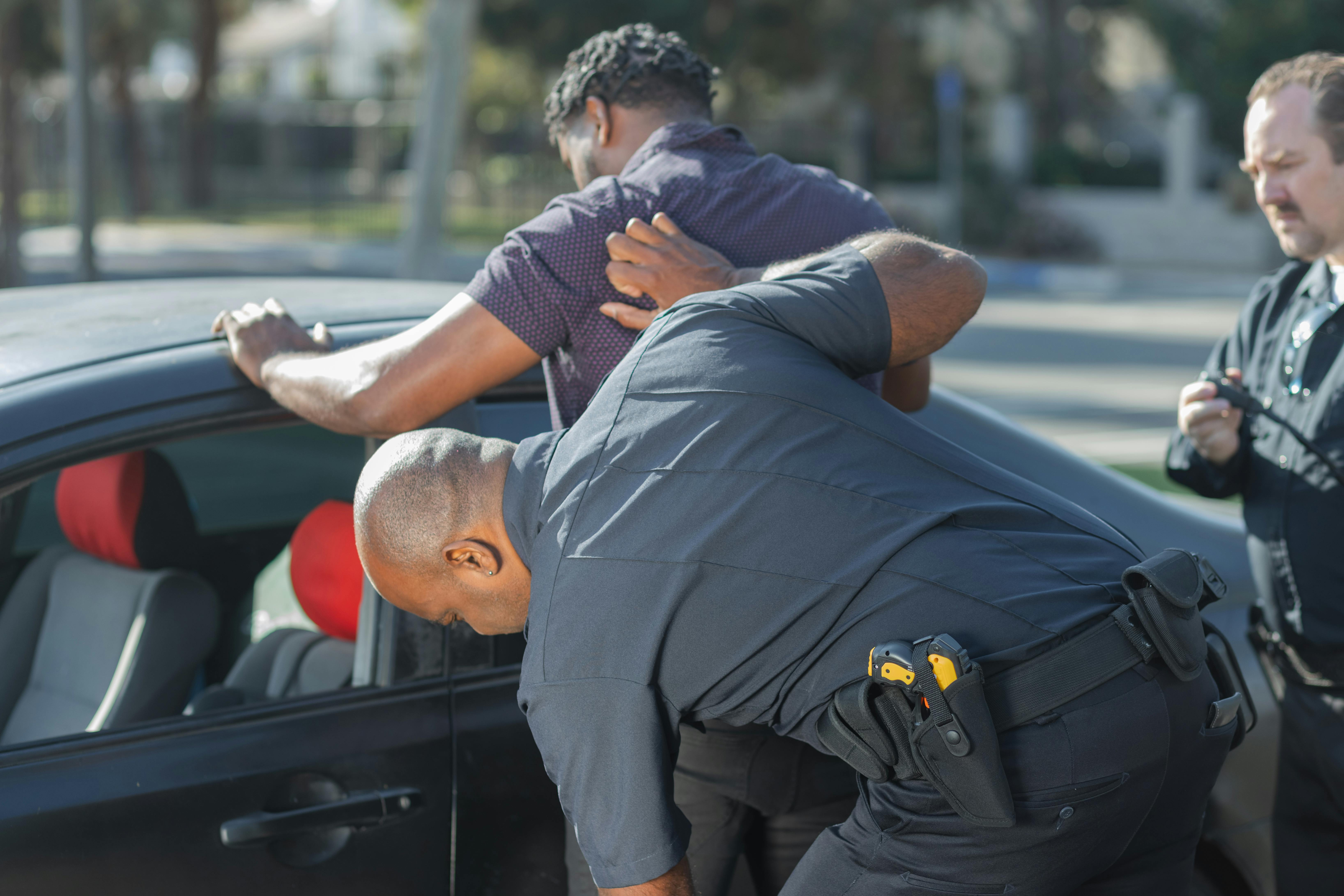Times Police Can Search You or Your Home or Car Without a Warrant
Apr 29, 2017

The fourth amendment of the United States Constitution grants persons reasonable rights to not have themselves and their properties searched. Unlawful searches and seizures can violate a person's expectation of privacy. There are, however, several mitigating circumstances that allow law enforcement to legally search you, your residence, or your vehicle without a warrant. Find those provisions below.
1. The search is specifically connected to your arrest. For example, if you are in custody due to driving under the influence of an intoxicating substance, the officer could search your bag or purse to discover illegal drugs or drug paraphernalia.
2. A search is legally conducted when a piece of evidence or something illegal is in "plain sight" of an officer. For example, if the police see a gun lying on the floorboard of your car, she may then search your vehicle even though she does not have a warrant.
3. The police have the right to search you when they suspect to pose a threat of bodily harm. An officer is likely to search your person and property for weapons if you act in an aggressive or disorderly manner.
4. If the officer has "probable cause" to believe there are articles of evidence present on you or in your property. When the police suspect a crime has occurred and believe there is evidence present on your person or in your property, they can search you without getting a warrant.
5. Police can legally search an impounded car and any locked boxes or the locked dash of that vehicle. They cannot, however, impound your vehicle simply in order to commit the search. The impound order must arise for another reason such as a traffic violation.
6. You provide the legal privilege when you tell a police officer she can search you, your car, or your residence. Remember, though, you have the reasonable right to privacy so you do not have to comply when asked.
Knowing when law officers can legally search you and your things is important for protecting yourself. Obtain the advice of an attorney if you believe an illegal search and/or seizure occurred. Contact us to learn more about your rights.
Category: Criminal Cases
Michael Mitchell
Michael Mitchell is a Fresno attorney who practices in the areas of DUI, personal injury & criminal law. Visit his Google+ profile.




